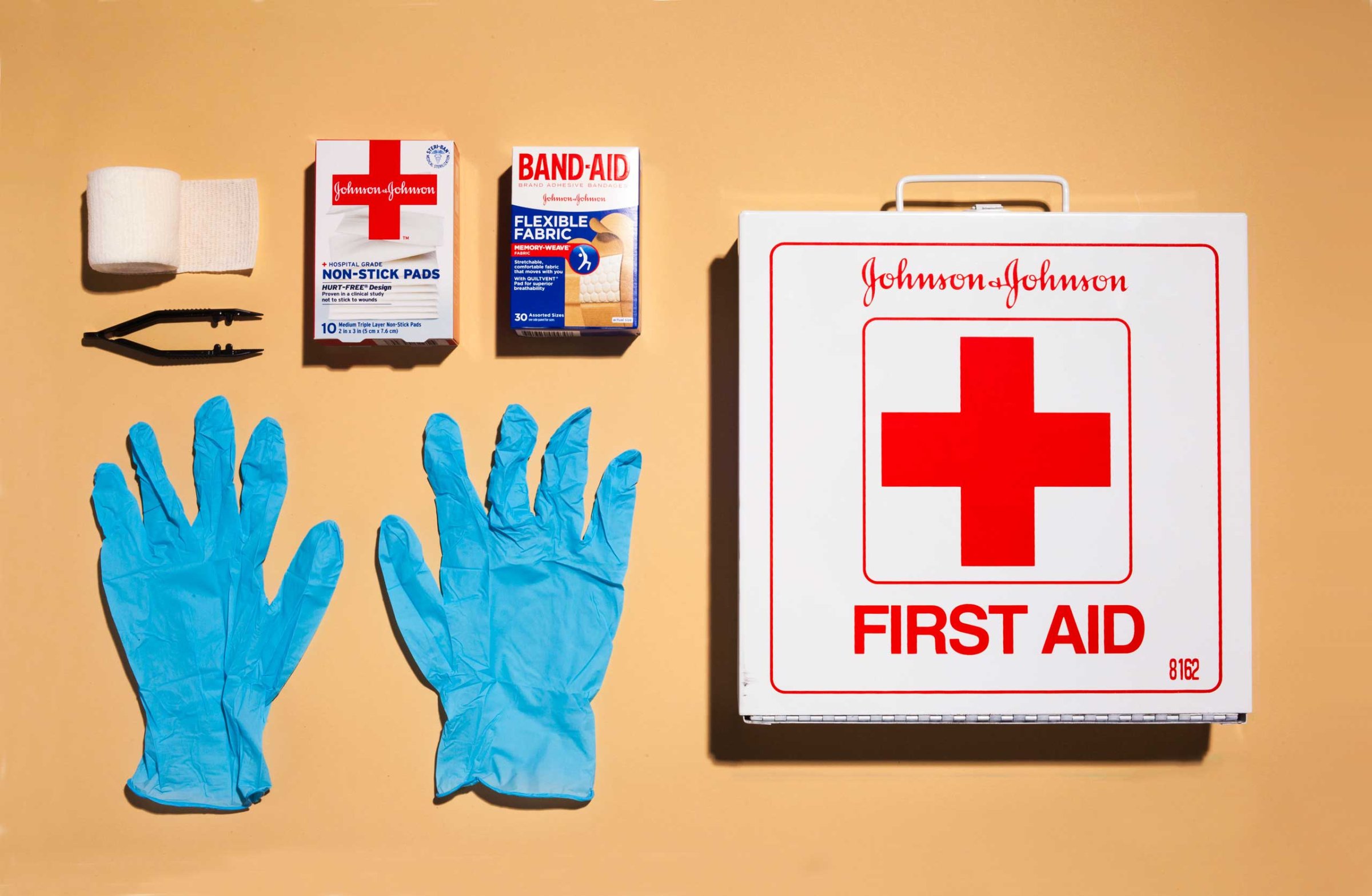
About 30% of young doctors have depression or symptoms of it, according to an exhaustive new review published in the Journal of the American Medical Association (JAMA).
As TIME reported in depth, residents—newly minted MDs, who enter years of graduate medical education starting with the notoriously intense intern year—often have mental health problems more often than the general population. The reasons are complex, ranging from long hours and sleep deprivation to bullying by attending physicians to a stigmatized attitude against mental illness. Medical literature links untreated mental health problems in this population of young doctors to more medical errors and worse patient care.
MORE: Doctors On Life Support
In the new review, researchers led by Dr. Douglas Mata, a resident physician in pathology at Brigham & Women’s Hospital and clinical fellow at Harvard Medical School, analyzed every study that had been published on the topic of residents and depression in a peer-reviewed journal between 1963 and 2015. That body of research totaled 54 studies, drawn from more than 17,000 residents. (Most of the studies measured depression by using self-reports, which differed in quality and criteria.)
The estimates of depression prevalence also varied widely, from 20% to 43%. But Mata’s analysis of the totality of the research indicates that the chunk of residents who are depressed is around 29%—and it’s increasing over time.
“Mata’s study suggests that we have a big problem,” says Dr. Thomas L. Schwenk of the University of Nevada School of Medicine, Reno, wrote an accompanying editorial in JAMA. “That there’s a huge burden of suffering and misery going on. And that’s very worrisome in a caregiving profession.”
For young training physicians, “having depressive symptoms is almost a universal experience,” says Mata, who struggled with depression as an intern. “You’re not doing what you planned to do when you were in medical school. You never leave the hospital. You’re the guy who never makes it to the wedding—you can’t even make it to the grocery store.”
In an additional analysis, Mata and his team analyzed longitudinal studies, which tracked residents before their residency started and through a portion of residency. They found an increase of about 15% in symptoms within a year of the start of residency.
Schwenk’s editorial says that young doctors train in a much more complex world than that of older doctors—a medical system fraught with time-consuming technology, complicated ethical dilemmas and a more intense pace. Yet little about residency training has changed, he says. “We just kind of throw residents into this world because that’s the way we did it…but our experience with this is from another era,” Schwenk says in a phone interview.
A healthier environment for medical training, Schwenk says, would be one equipped with a system for helping residents process the traumatic events that they see. In recent years, medical schools have taken this issue seriously, developing programs that require their students debrief. But the list of medical schools is much smaller than the roster of residencies.
“In one hospital, you might have 80 programs,” Schwenk says. “To have really substantial system change in graduate medical education is way harder than it is in medical school.” And well-intended efforts to change the culture of medicine don’t always fix the problem. In 2003, the Accreditation Council for Graduate Medical Education (ACGME) declared that a resident can no longer work more than 80 hours a week, averaged over four weeks; in 2011, it added that interns couldn’t work a shift longer than 16 hours. But according to a 2013 study, the changes were associated with the same high rate of resident depression—plus 15-20% more major medical errors.
The new numbers add evidence that change is necessary, Schwenk says.
More Must-Reads from TIME
- Donald Trump Is TIME's 2024 Person of the Year
- Why We Chose Trump as Person of the Year
- Is Intermittent Fasting Good or Bad for You?
- The 100 Must-Read Books of 2024
- The 20 Best Christmas TV Episodes
- Column: If Optimism Feels Ridiculous Now, Try Hope
- The Future of Climate Action Is Trade Policy
- Merle Bombardieri Is Helping People Make the Baby Decision
Write to Mandy Oaklander at mandy.oaklander@time.com